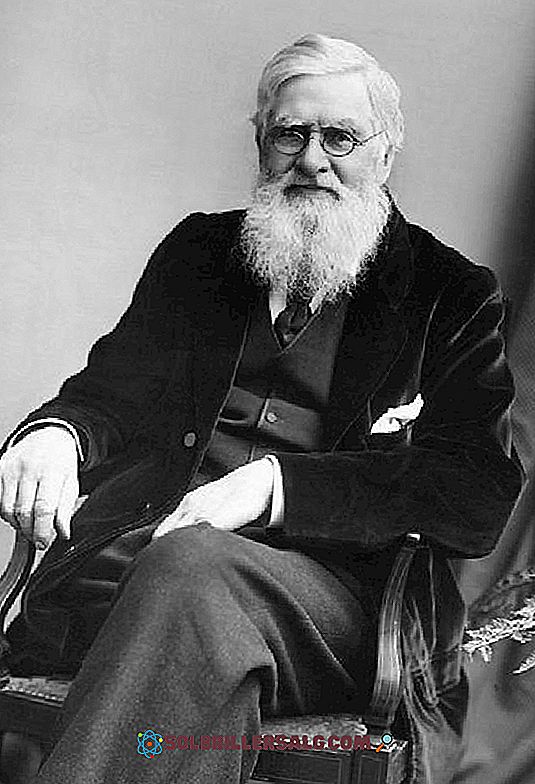

During that time, he gathered over 125,000 specimens. Wallace spent eight years studying and collecting biological specimens in Southeast Asia. Though Wallace’s contributions to the study of evolution were considerable, they are often forgotten. The theory of evolution by natural selection became known as Darwin’s theory. In 1859, Darwin published his book On the Origin of Species, which presented his theory of natural selection to a broader audience. The two collaborated on a scientific paper, discussing their evidence for natural selection and evolution. In 1858, he sent Darwin a letter outlining his ideas about evolution. Wallace knew Darwin was working on similar research. Wracked with a fever, he suffered hallucinations, but when the fever broke, the answer came to him-species evolve by adapting to their environment! Then, in 1858, while still in Southeast Asia, he became ill again.

However, he could not explain how or why they evolve. By 1855, his observations led him to the conclusion that living things change over long periods of time-they evolve. Wallace’s team and the ship’s crew spent 10 days adrift before being picked up by a passing ship, and all of Wallace’s notes and samples were lost at sea.ĭespite this setback, Wallace set off on another voyage in 1854 to Southeast Asia to collect more samples. But 26 days into their voyage home, his ship caught fire and sank in the Atlantic. After four years in Brazil, Wallace fell ill and decided to return home to England. He traveled to Brazil and various islands of the Malay Archipelago that make up modern-day Indonesia and the Philippines, where he collected thousands of specimens of insects, birds, and other animals. Like fellow naturalist and colleague Charles Darwin, Wallace traveled the world, observing and collecting samples of species. However, what he is best known for is his work on the theory of natural selection. He even weighed in on the debate as to whether or not life could exist on Mars. He has been described variously as a naturalist, a geographer, and a social critic. Alfred Russel Wallace was born in Wales in 1823.


 0 kommentar(er)
0 kommentar(er)
